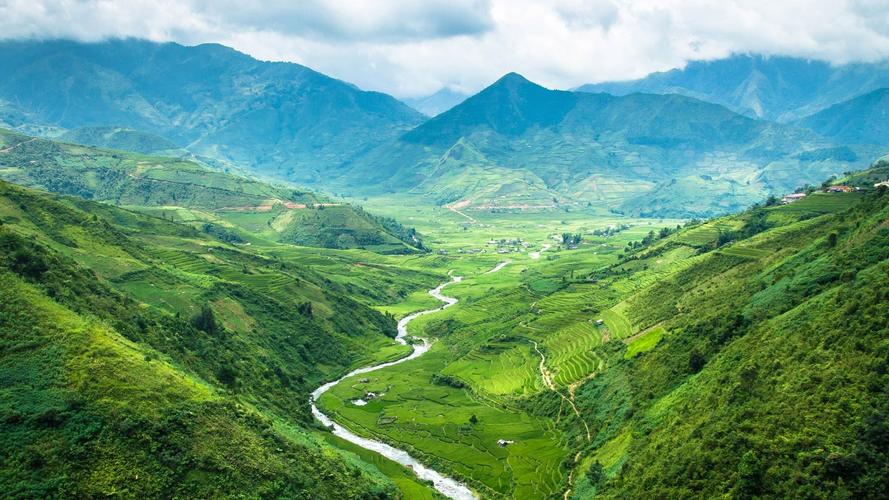Mongolia is a land of awe-inspiring natural beauty and a rich cultural heritage that dates back to ancient times. It is a place where the sky stretches out forever and the people are warm, hospitable, and proud of their cultural traditions. However, much of Mongolia’s cultural norms and practices remain unwritten and are passed down from generation to generation through word of mouth. In this article, we will be discussing the fascinating world of discovering the unwritten Mongolian cultural norms.
The Role of Hospitality
Hospitality is an integral part of Mongolian culture with the nomadic communities in particular taking pride in welcoming visitors with open arms. This powerful social norm is based on the concept of “uraan khudag,” which translates to “guest as a god” and is deeply ingrained in the culture. Mongolians believe that they are responsible for taking care of any guests who visit their home, providing them with food, drink, and a warm place to sleep. This practice reflects the traditional respect for nature and the bond between humans and the environment.
The Significance of Horses
The horse has been a crucial aspect of Mongolian culture for thousands of years. Horses are considered a symbol of freedom, and the Mongolians are renowned for their horsemanship skills. They see horses as companions and believe that they have a spiritual connection. The Mongolian horse is small and tough, making it perfect for riding across the vast open steppes. One of the most exciting things to do in Mongolia is to take part in the ancient tradition of horse racing, which is popular throughout the country.
The Importance of Ancestry
Like many cultures, Mongolians place a high value on their ancestry and traditions. They have a deep respect for their elders and often seek their advice on important matters. Family is considered the foundation of Mongolian society, with an emphasis on loyalty, respect, and commitment. Marriage is also highly valued as a commitment between two families rather than just between two individuals.
The Spirituality of Mongolian Culture
Mongolian culture has a rich sense of spiritualism, which is evident in many of their traditions. Shamanism is a prominent belief system that seeks to connect with the spiritual world by communicating with nature, ancestors, and the spirit world. Shamanism is also closely connected to the practice of offering (also known as “baibol”). Offerings are made to nature, spirits, and ancestors to show respect and bring good fortune to the individual or community.
Conclusion
Mongolian culture is a fascinating and complex subject that offers an abundance of opportunities to discover the unwritten cultural norms. Mongolia is a proud country that values its traditions, heritage, and beliefs. By embracing these cultural norms, visitors can gain a deeper insight into this unique and beautiful land. Whether it’s drinking salty tea, staying in a ger (traditional Mongolian house) or learning about the complex relationship between nature and humans, Mongolia is sure to provide an unforgettable experience that will leave a lasting impression.
(Note: Do you have knowledge or insights to share? Unlock new opportunities and expand your reach by joining our authors team. Click Registration to join us and share your expertise with our readers.)
Speech tips:
Please note that any statements involving politics will not be approved.
